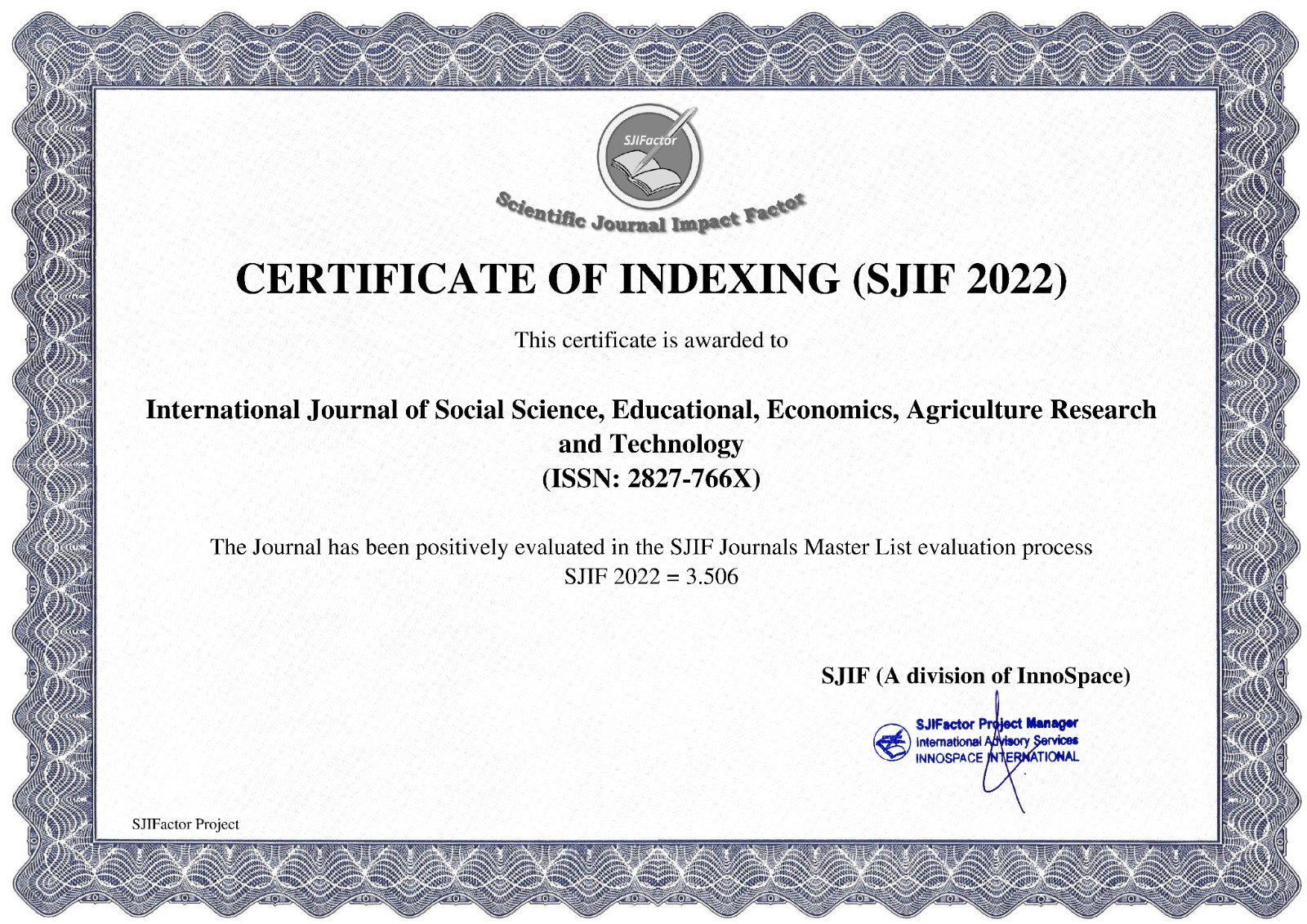INTEGRATING DEEP LEARNING FRAMEWORKS IN DIGITAL SCHOOL TRANSFORMATION: A QUALITATIVE STUDY ON STRATEGY FOR NURTURING FUTURE INNOVATORS IN INDONESA
Main Article Content
Cici Puspaningrum
Nada Nabilah
In the era of rapid technological advancement, integrating deep learning frameworks into schools is increasingly seen as a catalyst for cultivating innovation-driven students. This study explores how deep learning—particularly tools such as TensorFlow and Keras—is being utilized within the Indonesian school transformation agenda to support the development of future innovators. Using a qualitative approach, data were gathered through interviews, focus group discussions, and document analysis involving teachers, school leaders, and education experts from various digital-ready and underserved schools. The study revealed three key themes: pedagogical innovation through AI, implementation challenges, and shifts in innovation culture. Deep learning was found to enhance interdisciplinary, project-based learning and student agency, yet its success depended heavily on infrastructure, teacher competence, and visionary leadership. While urban schools showed promising practices, rural contexts faced persistent barriers. These findings highlight that the true transformative potential of deep learning lies not only in its technical application but in the socio-pedagogical ecosystems that support it. The study calls for balanced investment in both technology and human capital to position schools as innovation incubators for Indonesia’s AI-powered future.
Arsyad, M., & Nurlatifah, F. (2023). Beyond Digital Tools: Rethinking AI as a Catalyst for School Reimagination. International Journal of Future Education, 10(4), 77–90.
Feriyanto, F., & Anjariyah, D. (2024). Deep Learning Approach Through Meaningful, Mindful, and Joyful Learning in Modern Education. European Journal of Educational Sciences and Educational Technology, 2(1).
https://ejeset.saintispub.com/ejeset/article/view/321
Harimurti, D., Setiawan, A., & Kurniawati, M. (2024). Gaps in School Digital Transformation: A National Survey on AI Readiness. Indonesian Journal of Educational Reform, 5(1), 45–61.
Ilham, R. (2024). AI Integration in Indonesian Classrooms: A Qualitative Study of Teacher Experiences. Journal of Educational Technology Research, 12(2), 88–102.
Iman, M. Z., Asis, A. A., & Rahma, A. U. Z. (2024). AI-Driven Educational Transformation in Indonesia: From Learning Personalization to Institutional Management. Al-Ishlah: Jurnal Pendidikan, 16(1), 100-115.
https://journal.staihubbulwathan.id/index.php/alishlah/article/view/7448
Kementerian Pendidikan. (2025). Kurikulum Deep Learning: Menyelami Pendidikan dengan Mindful, Meaningful, dan Joyful. Retrieved from
Kompas. (2022). ITB-Schlumberger Resmikan Program "AI Academy" Pertama di Indonesia.https://www.kompas.com/edu/read/2022/08/19/113944871/itb-schlumberger-resmikan-program-ai-academy-pertama-di-indonesia
Maelasari, N., & Lusiana, L. (2025). Efektivitas Deep Learning dalam Pembelajaran: Sebuah Kajian Systematic Literature Review (SLR). Jurnal Education and Development, 13(1). https://journal.ipts.ac.id/index.php/ED/article/view/7006
Ministry of Education and Culture. (2023). Guidelines for Implementing Merdeka Belajar and Digital Pedagogy. Jakarta: Kemdikbudristek.
OpenGov Asia. (2025). AI Adoption Vital to Empower Indonesian Educators. https://opengovasia.com/2025/03/19/ai-adoption-vital-to-empower-indonesian-educators/
Pratiwi, S., Utami, T., & Andayani, A. (2023). Utilization of Artificial Intelligence Technology in an Academic Writing Class: How Do Indonesian Students Perceive? Contemporary Educational Technology, 15(4).
Rahardjo, T. (2023). Interdisciplinary Learning and AI in Secondary Education: Case Studies from Southeast Asia. Jakarta: Pusat Studi Inovasi Pendidikan.
SEA-VET. (2025). AI Will Be Taught in Indonesian Schools Starting Next Academic Year. https://sea-vet.net/news/1661-ai-will-be-taught-in-indonesian-schools-starting-next-academic-year
Selwyn, N., & Jandrić, P. (2022). Critical AI Literacy and the Ethics of Digital Schooling. Learning, Media and Technology, 47(3), 221–236.
Tsai, C.-C., Chung, C.-C., Cheng, Y.-M., & Lou, S.-J. (2022). Deep learning course development and evaluation of artificial intelligence in vocational senior high schools. Frontiers in Psychology, 13, 965926. https://www.frontiersin.org/articles/10.3389/fpsyg.2022.965926/full






















